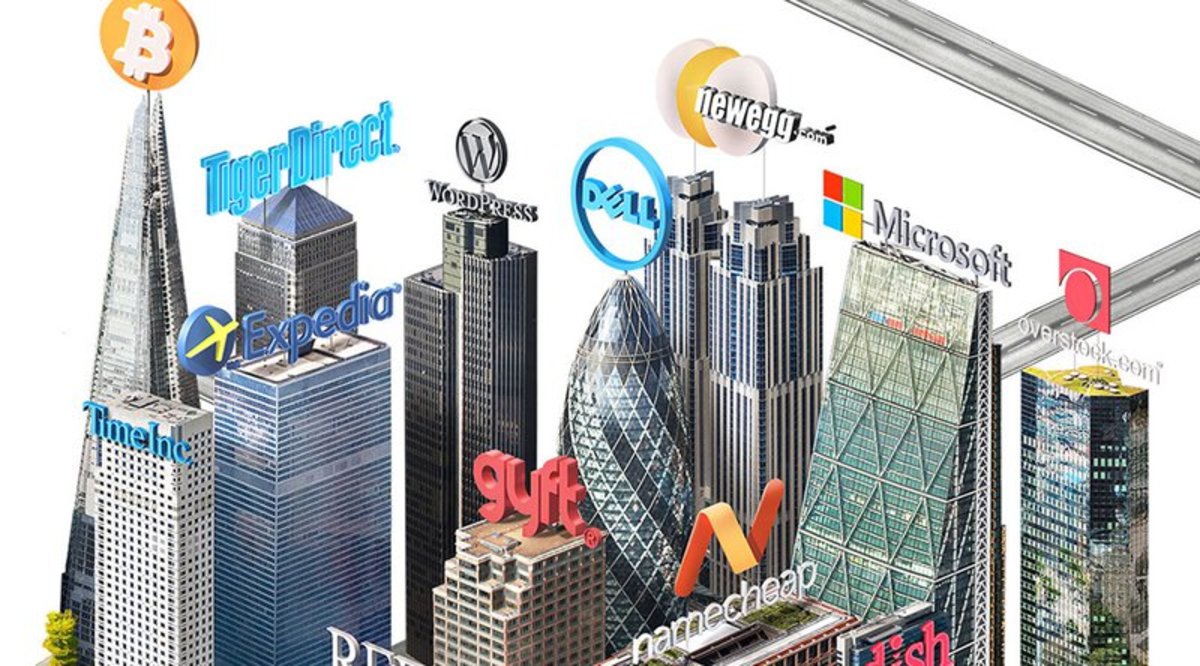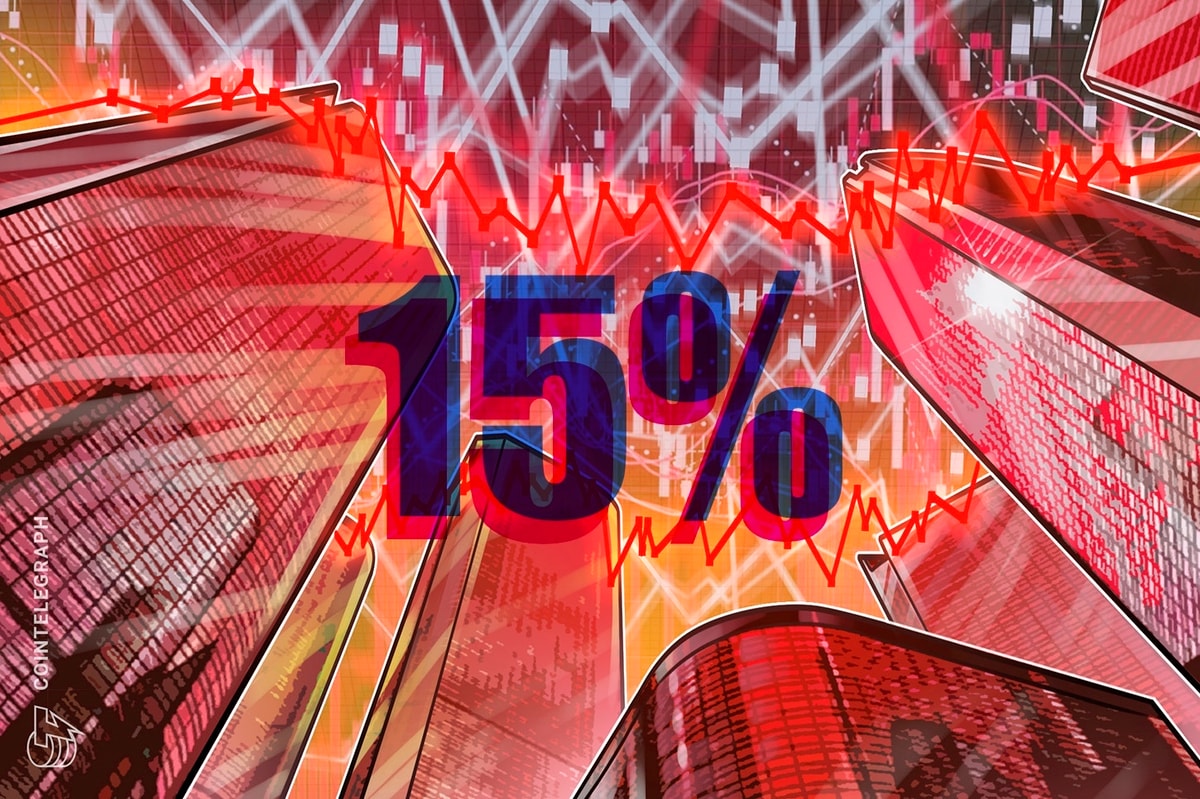On January 3, 2009, the Genesis block, or the first block in the Bitcoin blockchain, was created. In the coinbase parameter, there was a simple message: “The Times 03/Jan/2009 Chancellor on brink of second bailout for banks.” From that one block, Bitcoin was born.
Bitcoin has come a long way from that initial statement by Bitcoin’s pseudonymous founder, Satoshi Nakamoto. The technology is growing up and changing from its early days as a project adopted by impassioned technologists and libertarians to a technology widely researched and used by financial institutions worldwide.
Bitcoin had a rough road ahead of it, as did many early technologies including the Internet. It dealt with newspaper headlines lambasting Bitcoin because of its connection to Silk Road and drugs. Early adopters suffered millions of dollars in losses when early exchange Mt.Gox imploded. “Bitcoin is Dead,” many prophesied.
And yet, as Bitcoin approaches its seventh birthday, we see things changing. It is turning into that curious, wide-eyed technology with ideas as widespread as any normal 7-year-old. Cross-border payments, machine-to-machine transactions, smart contracts, microtransactions, and stock settlements all have been discussed and developed. Nothing is off limits; no question goes unasked.
From the early days of mining using a laptop computer, now bitcoin miners are setting up industrial-sized data centers with hundreds of thousands of high-powered, specialized machines. In January 2014, the Bitcoin network hashrate was only 10 million GH/s. Now it is 504 million GH/s. And as new mining machines are built and sold, the hashrate has continued to increase. During the same time frame, there were around 50,000 bitcoin transactions daily. That measure of network utility has increased to about 170,000 bitcoin transactions daily.
A big part of this growth in transactions is linked to the growth in bitcoin-accepting merchants. In mid-2014, there were approximately 65,000 merchants who accepted bitcoin. By mid-year 2015, there were 100,000, which is a 50 percent increase. TigerDirect, a publicly-traded online electronics retailer, has seen incredible results. Of all the buyers that used bitcoin, 46 percent of them were brand new to TigerDirect. Further, orders placed with bitcoin were 30 percent bigger. In August 2015, BitPay, a bitcoin payment processor, recorded an all-time high of 70,000 bitcoin transactions. Bitcoin as a tool of transactions is growing.
Bitcoin as an asset class is also maturing. For the majority of 2015, the price has stayed relatively nonvolatile and constant, with the price fluctuating from $200 to $300. It’s only the past few weeks where the price has experienced such a significant increase, reminiscent of the early years. From January 1, 2013 to January 1, 2014, the price went from $13.41 to $808.05, going as high as $1,147.25 on December 4. Just one month earlier, on November 4, 2013, the price was $225.20. Even the “bubbles” in bitcoin are maturing. On the other hand, the market cap of bitcoin is down from an all-time high of nearly $14 billion to around $5 billion at the time of writing.
Venture capital funding, however, continues to pour into the space. In 2013, bitcoin companies raised only $93.8 million. In 2014, firms raised $314.7 million. With another two months remaining in the current year, bitcoin and blockchain companies have raised more than $1 billion.
Regulations are also changing. Before, there were politicians decrying bitcoin because of its use on the underground marketplace Silk Road. Now, organizations such as Coin Center and the Chamber of Digital Commerce work to help these politicians and regulators draft rules that will ensure Bitcoin can continue to grow worldwide. New York has led the regulatory charge with its recent BitLicense. The European Union also recently ruled that Bitcoin was not subject to VAT, giving significant clarity for those participating in the ecosystem.
Finally, the next stage of blockchain companies continues to grow. Augur, a decentralized prediction market, announced that it had raised $5.1 million in a crowdsale. Ethereum, the smart contract and publishing platform, raised $18.4 million in its own crowdsale. It is expected that OpenBazaar, the completely decentralized peer-to-peer e-commerce site will launch in the coming months.
In the graphic below, many of the top Bitcoin leaders talk about the growth of bitcoin and where it is going. Bitcoin is not just in the fringes anymore; it is everywhere. Whether it’s miners or payment processors, wallets or developer tools, the reality is simple: Bitcoin is growing up. And its ambitions are as vast as the many great technologies that came before it.
Jacob Donnelly is a full-time product manager and freelance journalist covering stocks, business and bitcoin. He runs a weekly digital currency and blockchain newsletter called Crypto Brief.











